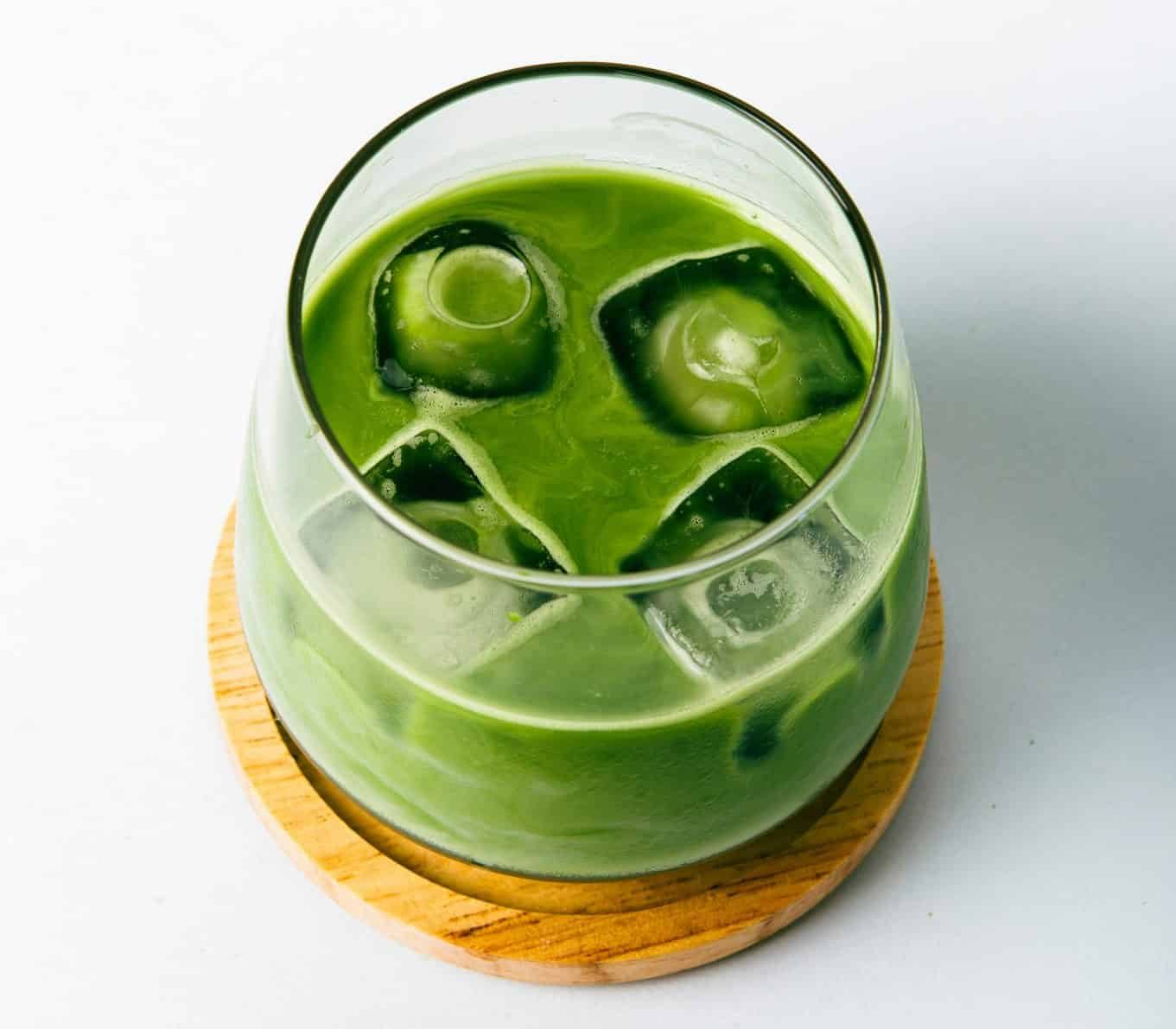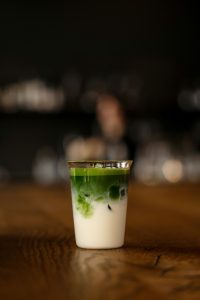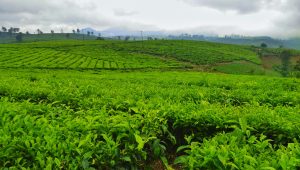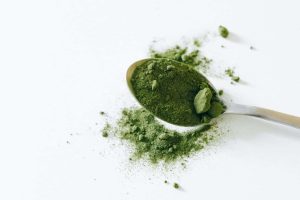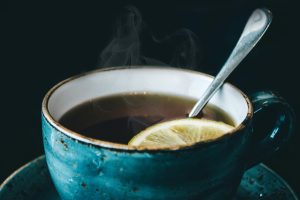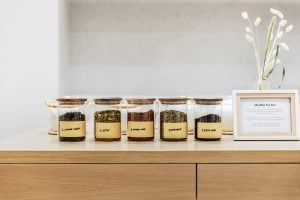Best Matcha NYC: 6 Spots for the Most Flavorful and Fresh Brews
There’s something grounding about stepping away from the rush of the city and savoring a well-crafted matcha. For those who crave more than caffeine—a ritual, a moment, a little green ceremony—the search for the best matcha NYC offers a soothing intersection of wellness and indulgence. Whether you’re a longtime matcha devotee or exploring it as part of your self-care routine, New York has no shortage of sanctuaries.
This article includes:
- what is matcha
- best matcha nyc
- matcha ice cream
- tea ceremony
- uji japan
Interested in learning more about matcha? Check out 5 Ways Matcha Benefits Your Health.
Let’s get to it!
1. Isshiki
Isshiki, meaning “one color”, offers more than just matcha—it’s a meditation. Their matcha is ceremonial-grade from Uji, Kyoto, with a velvety finish that lingers on the tongue. Enjoy their seasonal menu or a classic latte, iced or hot. You can Visit their East Village café or find their products at a number of locations across NYC and Connecticut. Pro tip: get the strawberry matcha.
Location: East Village (located inside Moko Sushi)
Check out Isshiki.
2. Kettl
Kettl is more than just a matcha company—it’s a living expression of Japanese tea culture. With a strong focus on education, Kettl offers hands-on classes that guide guests through the art of crafting the perfect matcha latte and brewing loose-leaf tea with care. By packing their teas at their Fukuoka, Japan headquarters and milling matcha fresh in-house, they ensure unparalleled quality and freshness in every cup.
Location: Visit the Kettle flagship in Brooklyn or their Bowery café
Check out Kettl.
3. Cha-An Teahouse: Matcha Meets Dessert Artistry
Cha-An was has a long-standing tradition of omotenashi (“whole-hearted hospitality”) at its core. With a list of teas from around the world, specifically matchas and senchas from Japan, as well as a selection of tea-forward treats and desserts, Cha-An is the perfect NYC haven for tea-lovers.
Location: East Village
Check out Cha-An Teahouse.
4. Kijitora: The Boutique Café Worth Savoring
Kijitora curates a refined menu of matcha lattes and pour-overs, featuring small-batch Japanese matcha that balances bitterness and bloom.
Location: Multiple locations in Williamsburg and the East Village
Check out Kijitora.
5. Matcha Café Maiko
Originating in Hawaii, Matcha Café Maiko has made a name across the U.S. for their quality matcha imported directly from Uji, Japan. Their matcha soft serve is a must, with a rich, vibrant, and umami-forward flavor. Top it with mochi, gold flakes, or red bean for the ultimate dessert.
Location: Bowery
Check out Matcha Café Maiko.
6. 12 Matcha: The Destination for Everyday Ritual
Located in NoHo, 12 Matcha is for those seeking quality and calm aesthetics. With a formidable pastry chef and ivy league food scientist on the team, their pure approach to matcha makes the cafe a must-try in the city!
Location: NoHo
Check out 12 Matcha.
Final Thoughts on the Best Matcha NYC
Finding the best matcha NYC is as much about vibe as it is about quality. From minimalist havens to dessert-forward delights, the city’s matcha scene is beautifully diverse. Whether you seek quiet reflection or a midweek indulgence, these cafés offer more than just tea—they offer a moment to come home to yourself. Here’s to making space for stillness, one matcha at a time.
Next, check out our SoHo Shopping Guide.

